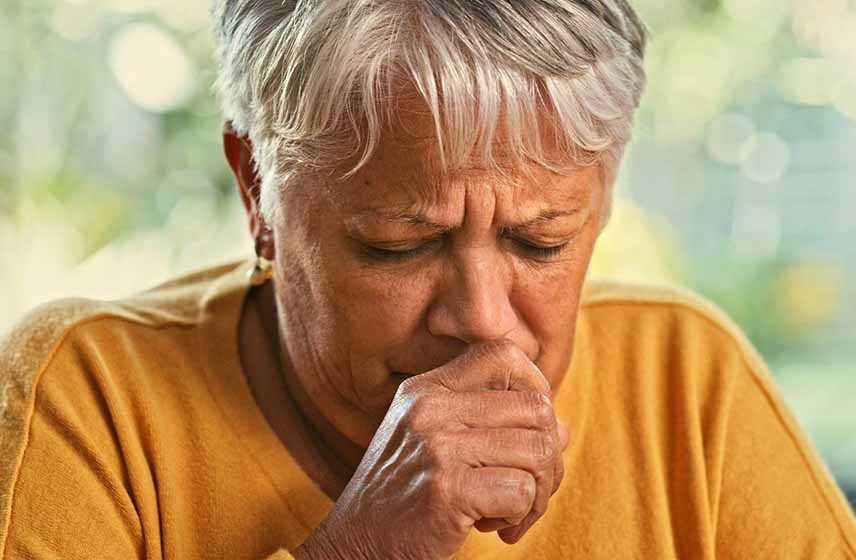
Protecting Yourself from RSV
While still commonly found in kids under 5 years old, RSV can infect anyone. For adults who are 60 or older or are immunocompromised, it can be especially dangerous and lead to complications. It can be hard to detect in adults, often being mistaken for the common cold or allergies.
But you can protect yourself by asking your doctor about the RSV vaccine.
FAQs About RSV
How long does RSV last in adults?
Most healthy children and adults who get RSV will have a mild case with regular cold symptoms like coughing, runny nose, sneezing, wheezing and fever. RSV usually resolves itself in about a week.
How is RSV in adults treated?
Mild cases of RSV in adults typically don’t require treatment and will go away on their own in within a week. Over-the-counter medication like acetaminophen and ibuprofen can be used for pain or a fever. Stay hydrated, eat regularly and get plenty of rest.
Is RSV contagious?
Yes. RSV spreads through close contact with a person who has the virus. The virus can enter your body through your eyes, nose and mouth. It also can live on hard surfaces like kitchen counters and doorknobs.
Does the flu shot protect against RSV?
No. The flu vaccine targets a specific strain of influenza. The FDA recently approved a vaccine specifically for RSV.
Who is eligible for the RSV vaccine?
The RSV vaccine is currently approved for adults 60 years old or older.
Why do I need an RSV vaccine?
Vaccination is the most effective way to prevent RSV, which can be life-threatening. According to research, the RSV vaccine is 83% effective in preventing a lower respiratory tract disease. Additionally, the vaccine was 94% effective at preventing severe disease that could lead to needing supplemental oxygen or a ventilator.
What kind of side effects should I expect after getting the RSV vaccine?
Like the flu and COVID-19 vaccines, you may experience pain at the injection site, fatigue, muscle pain, joint stiffness and headache.
If I get the RSV vaccine once, will I need to get it again?
Most likely. Researchers are still determining how long the RSV vaccine will protect an individual. But it’s likely you will need to get an RSV vaccine yearly like the flu vaccine.
Test Your RSV Knowledge
How much do you know about RSV? Take our pop quiz and find out.
Is the RSV Vaccine Right for You?
Adults are at risk for an RSV infection if you’re over the age of 60; have certain medical conditions like asthma, heart disease and COPD; live in a long-term care facility; or are immunocompromised.
Talk to your healthcare provider about if you’re eligible for the RSV vaccine and how it can protect you. And learn more about RSV in adults.